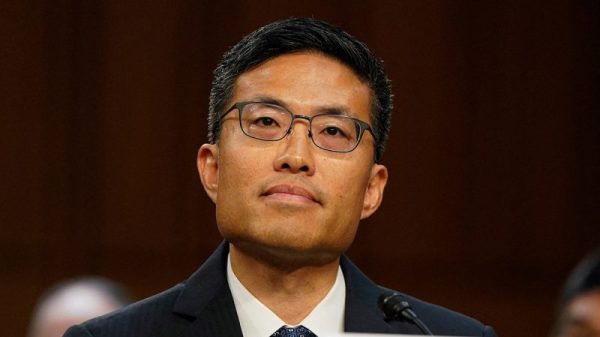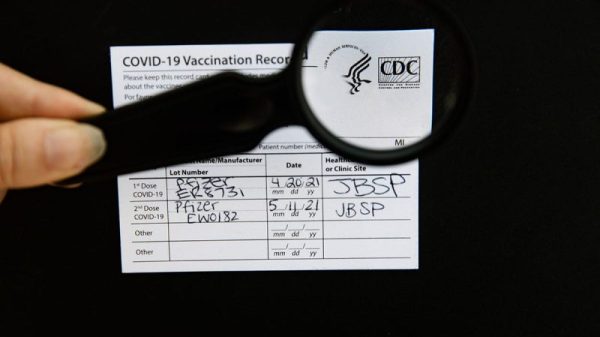Early Voting Means Election Season Has Already Kicked Off
The concept of early voting is becoming increasingly popular in the United States, signaling that the election season is well underway long before the official election day. In the modern era, early voting has emerged as a convenient option for voters who are unable to cast their ballots on Election Day. This trend has gained momentum in recent years, as more states have adopted early voting as part of their election process.
One of the key benefits of early voting is that it provides flexibility to voters, allowing them to choose a time that is most convenient for them to cast their vote. This can be particularly helpful for individuals with busy schedules, or those who may have difficulty getting to the polls on Election Day due to work or family commitments. By offering early voting options, states are making it easier for citizens to participate in the democratic process and have their voices heard.
Additionally, early voting can help alleviate long lines and wait times at polling places on Election Day. By spreading out the voting process over several days or weeks, early voting can reduce congestion at polling locations and make the voting experience more efficient for both voters and election officials. This can also help mitigate any potential issues or delays that may arise on Election Day, ensuring that the election runs smoothly and that all votes are counted in a timely manner.
Furthermore, early voting has the potential to increase voter turnout by making it more convenient for people to participate in the electoral process. Research has shown that offering early voting options can boost overall voter participation rates, as it provides an alternative to voting on a single designated day. By giving voters more flexibility and expanding access to the polls, early voting can help engage a broader segment of the population in the electoral process, ultimately strengthening democracy.
However, despite its benefits, early voting is not without its challenges. Some critics argue that early voting can lead to premature decision-making by voters, as they may cast their ballots before all relevant information or events have occurred. This raises concerns about the impact of early voting on the electoral process and whether it allows for a fully informed electorate. Additionally, there are logistical and administrative hurdles associated with early voting, such as ensuring the security and integrity of the voting process and accurately counting and tabulating early votes.
In conclusion, early voting marks the beginning of the election season and offers numerous advantages to voters and election officials alike. By providing flexibility, reducing wait times, and potentially increasing voter turnout, early voting plays a crucial role in modern electoral systems. While it may present certain challenges, the overall benefits of early voting demonstrate its importance in ensuring a fair and accessible democratic process. As early voting continues to gain popularity across the country, it is essential to address any concerns and issues that may arise to uphold the integrity and efficiency of the electoral system.


































